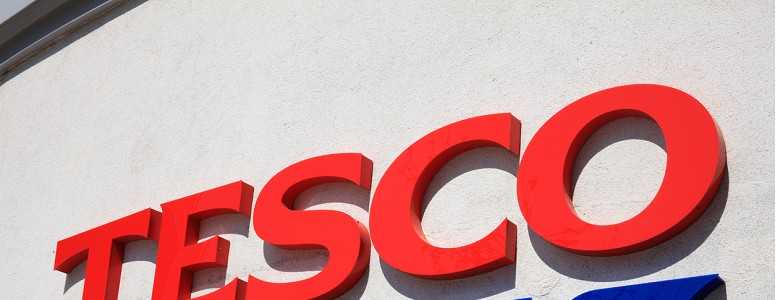The ‘best before’ labels on food are being removed from Tesco’s fresh produce items, the supermarket giant has announced.
It is hoped the decision will mean “perfectly edible food” will no longer be thrown away.
The new labelling approach will affect items like apples, tomatoes, lemons, other citrus fruit and onions, meaning people can now make their own decision about whether the food looks fine to consume.
Not only is Tesco’s decision attempting to curb food waste, but it may also help families to not throw out vegetables that may be fine to eat. Keeping vegetables which are good to eat out of the bin puts a positive focus on the importance of consuming healthy, non-starchy vegetables such as kale, spinach and cabbage, and very low carb fruit, such as avocado, which can benefit people’s metabolic health.
A diet rich in non-starchy veg, in particular, can hugely impact overall wellbeing and health, preventing the risk of diabetes developing or worsening. Choosing low carb vegetables and fruit can help people with diabetes achieve better blood sugar levels, providing high carb, sugary and processed foods are limited.
Mark Little, Tesco’s head of food waste, said: “We know some customers may be confused by the difference between ‘best before’ and ‘use by’ dates on food and this can lead to perfectly edible items being thrown away before they need to be discarded.
“We have made this change to fruit and vegetable packaging as they are among the most wasted foods.
“Many customers have told us that they assess their fruit and vegetables by the look of the product rather than the ‘best before’ date code on the packaging.”
The news follows a recent campaign by the National Federation of Women’s Institutes (NFWI) which found that less than half of those who responded to the survey understood the meaning of ‘best before’ dates.
‘Best before’ labels were created to give customers an indication of when the item is at its best, but purchasing beyond that date meant it was still perfectly fine to eat. The ‘use by’ dates are still used to show consumers when perishable foods are no longer safe to eat.
Editor’s note: On our award-winning Low Carb Program we’re big advocates of eating real, natural foods, and the program has a detailed guide about making the most of fruit and veg as snacks and accompaniments to meals to help improve your diet and overall health.
What's new on the forum? ⭐️
Get our free newsletters
Stay up to date with the latest news, research and breakthroughs.





